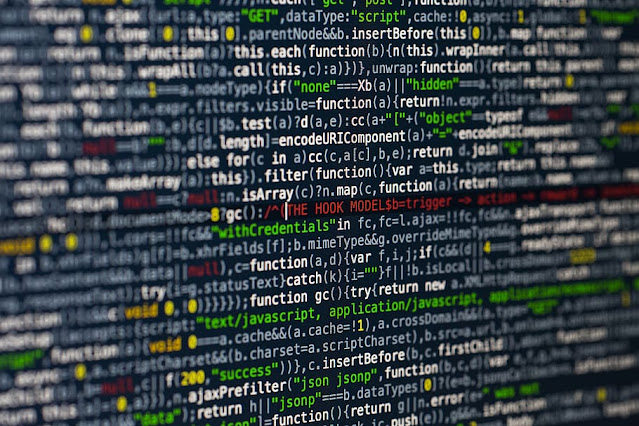In the ever-evolving landscape of timekeeping, watches have transcended their primary function and become a reflection of personal style, technological innovation, and enduring craftsmanship. From the cutting-edge Casio watches to the sleek sophistication of smartwatches and the timeless allure of traditional timepieces, each category offers unique benefits and value propositions.
### Casio Watches: Affordable Functionality and Durability
Casio has long been synonymous with affordable and reliable watches, catering to a wide range of consumers. Their timepieces are renowned for their ruggedness, water resistance, and feature-rich designs, making them ideal for outdoor enthusiasts and those with an active lifestyle.
One of the standout features of Casio watches is their exceptional battery life, often lasting years on a single battery[1]. This low-maintenance aspect is a significant advantage over smartwatches, which require frequent charging. Additionally, Casio's commitment to innovation has led to the development of advanced features like solar power, atomic timekeeping, and various specialized functions tailored to specific activities.
While Casio watches may not command the same prestige as luxury brands, their value lies in their practicality, durability, and affordability. With a wide range of models available at accessible price points, Casio caters to consumers seeking functional and reliable timekeepers without breaking the bank.
### Smartwatches: Cutting-Edge Technology and Connectivity
Smartwatches have revolutionized the way we interact with technology, seamlessly integrating timekeeping with a plethora of advanced features. These wearable devices offer a level of connectivity and functionality that traditional watches simply cannot match.
From fitness tracking and health monitoring to receiving notifications and controlling smart home devices, smartwatches have become indispensable tools for the modern, tech-savvy individual[2]. Their sleek designs and customizable watch faces appeal to those seeking a blend of style and functionality.
However, smartwatches come with their own set of trade-offs. Their reliance on battery power and the need for regular software updates can be inconvenient[1]. Additionally, their value tends to depreciate rapidly as newer models with improved features are released, making them less appealing as long-term investments.
### Traditional Watches: Timeless Elegance and Craftsmanship
Traditional watches, particularly those from renowned luxury brands, represent the pinnacle of watchmaking craftsmanship and artistry. These timepieces are not merely functional accessories but rather works of art that have stood the test of time.
The intricate mechanical movements, exquisite designs, and meticulous attention to detail found in traditional watches are a testament to the skill and dedication of master watchmakers[3]. These timepieces often appreciate in value over time, becoming coveted collectibles and heirlooms passed down through generations.
While traditional watches may lack the technological advancements of smartwatches, their enduring appeal lies in their timeless elegance, superior craftsmanship, and the emotional connection they foster with their owners. These watches are investments in both style and heritage, transcending mere functionality to become symbols of luxury and prestige.
### Resale Value and Investment Potential
When it comes to resale value and investment potential, traditional luxury watches often hold the upper hand. Brands like Rolex, Patek Philippe, and Audemars Piguet have established themselves as icons in the watchmaking industry, with their timepieces commanding premium prices on the secondary market[3].
The scarcity, craftsmanship, and historical significance of these watches contribute to their appreciation in value over time. Collectors and enthusiasts are willing to pay top dollar for rare and well-maintained pieces, making traditional luxury watches a viable investment option for those with a discerning eye and deep pockets.
In contrast, smartwatches and affordable watch brands like Casio tend to depreciate rapidly as new models are released and technology advances. While they may offer excellent value for money initially, their resale value is often limited due to the constant cycle of innovation and obsolescence.
In the realm of watches, there is no one-size-fits-all solution. Each category – Casio, smartwatches, and traditional timepieces – caters to different needs, preferences, and budgets. Casio watches offer affordability, durability, and practical functionality, making them ideal for those seeking reliable timekeepers without breaking the bank. Smartwatches, on the other hand, provide cutting-edge technology and connectivity, appealing to the tech-savvy and fitness-conscious individuals.
However, for those who appreciate timeless elegance, superior craftsmanship, and the potential for long-term investment, traditional luxury watches remain unparalleled. These timepieces transcend mere functionality, becoming symbols of style, heritage, and prestige.
Ultimately, the choice between these watch categories comes down to personal priorities, lifestyle, and budget. Whether you seek the ruggedness of a Casio, the cutting-edge features of a smartwatch, or the enduring allure of a traditional timepiece, the world of watches offers something for everyone, catering to diverse tastes and preferences.
https://www.asorockwatches.com/en-ca/blogs/how-to/smartwatch-vs-traditional-watches
https://istarmax.com/blog/classic-watch-vs-smartwatch-which-is-more-valuable-and-profitable/
https://davosa-usa.com/blogs/story-time/smartwatch-vs-regular-watch
https://www.mypacertimes.com/home/2024/4/7/why-i-wear-an-analog-watchimepiece
https://www.asorockwatches.com/en-ca/blogs/how-to/smartwatch-vs-traditional-watches
https://istarmax.com/blog/classic-watch-vs-smartwatch-which-is-more-valuable-and-profitable/
https://davosa-usa.com/blogs/story-time/smartwatch-vs-regular-watch/
https://www.mypacertimes.com/home/2024/4/7/why-i-wear-an-analog-watch/

















